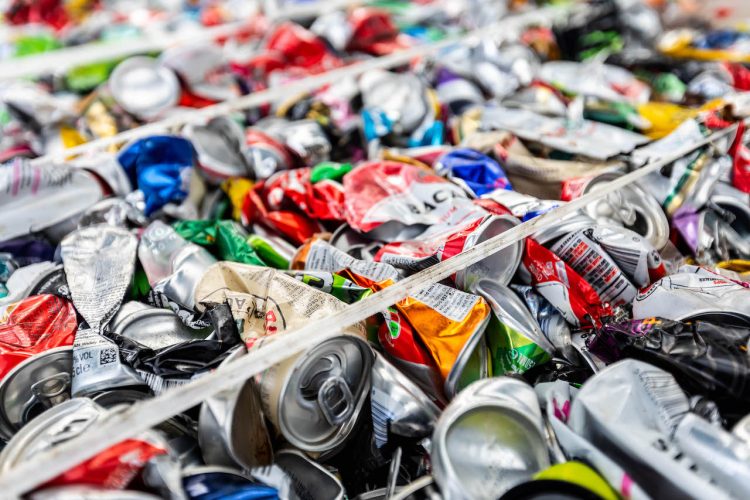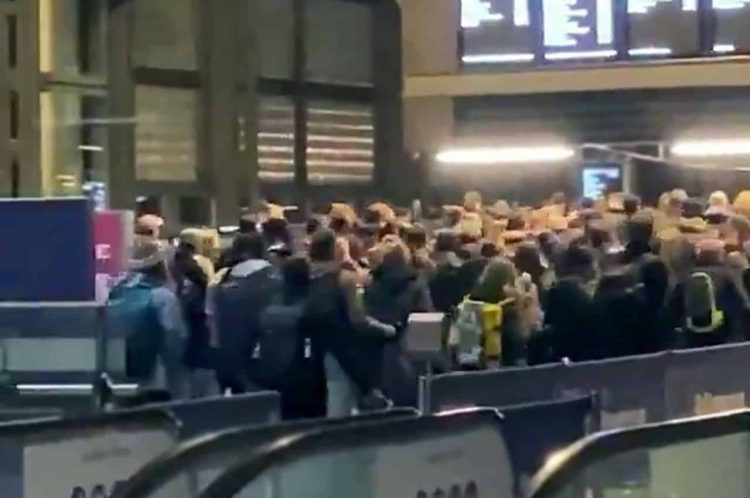St Pancras International station has installed a Mobile Segregation Unit (MSU), which it expects to “transform waste efficiency”.
The Unit works by separating different types of waste into different streams, which will enable up to ninety percent of waste to be re-used or recycled – above the government’s modest target of just 65% by 2030.
Other stations already using an MSU include Brighton and London Victoria.

The MSU that St Pancras will use is the world’s first type of mobile and mini material recovery facility (MRF). Combining process and technology, it cleans, compacts and bales waste into recyclable product.
No waste will go to landfill, and there will be less need to transport waste. The MSU will make a significant contribution to the decarbonisation of waste management at St Pancras. The High Speed 1 (HS1) route from St Pancras International provides a ‘Green Gateway’ to Europe. The MSU will improve its eco-friendliness route.
Recent data showed that St Pancras International is the eighth busiest station in Great Britain, with 33.3 million entries and exits in a year.

Sam Sage, Environmental Manager at HS1 Ltd, said: “At HS1 we’re proud to be the UK’s Green Gateway to Europe but that commitment to sustainability doesn’t just apply to our rail route. We’re proud to have installed the Mobile Segregation Unit at St Pancras International which will help us significantly decarbonise our waste management and to exceed the Government’s recycling targets.”





Responses